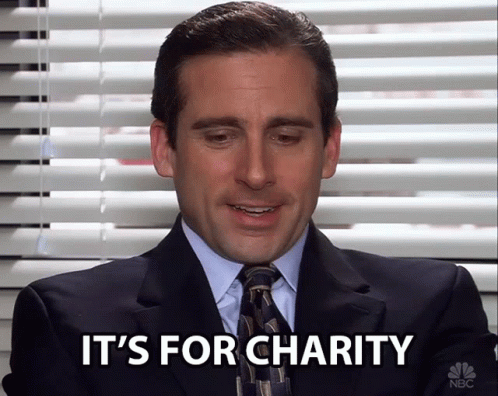In the 2014 film documentary "Poverty, Inc.", an aspect of entrepreneurship that I found interesting is regulation and distorted markets. In the film, it talks about third world countries and how the system works on these countries receiving humanitarian aid from NGOs and the first world governments. The documentary interviews many different people that have all been affected or involved in what the film calls "the poverty industry", such as Herman Chinery Hesse. All of the people interviewed talk about how the charity system of giving free things to poor countries actually has a negative long term affect and not a good one. The reason for this is because by sending free items and care into poor countries, it often destroys small businesses in said countries and actually ends up supporting the poverty lifestyle by disallowing real development and growth. The people talk about how the real help needed in these countries is providing a sort of "base" to help the people grow, like the pot of a bonsai tree analogy that Muhammad Yunus talked of in the film. Yunus is talking about how what really needs to be implemented in these countries, is the "rule of law" or essentially regulations and a steady government and law system. The reason that this is entrepreneurial is because in the film, it gives a few examples of real solutions and help that exist, such as small entrepreneurial businesses like the necklace production business or the juice and fruit businesses that give jobs to the poor people who just need the money to raise their children. The entrepreneurship comes from the people that think out of the box of this poverty industry, to actually help these countries develop and get out of poverty.
The reason that this is interesting is because of how big the poverty industry is and how long it has been going on without any real progress in these places that need development. The most interesting thing is how a lot of the workers that work for these NGOs end of receiving better "aid" than the actual poor people of these countries, as Theodore Dalrymple explains how he bought his house on money that was basically not taxed and how he got to travel. At the end of the documentary, some of the speakers explained how aid is not what is needed in countries like Africa, and what is actually needed is a "door in" or the pathway for all of the people to have chances to work towards improving their lives and developing their home countries.
The regulation aspect affects the society of these third world countries quite poorly. The influx of "free" food and important items render the small businesses useless in these places, which renders growth to becoming something that simply cannot happen, which leaves these places stuck in a loop of having to beg and wait for whatever charity of items come into their country. On top of this, there is sometimes a lot of US government money that is subsidized to the creators of such goods, which in turn supports this poverty industry even more. Society in these poor countries normally have to just sit and take this, as history has shown us with how long some of these African countries have relied on these NGOs and have developed basically not at all from 20+ years ago. Some of society in these places however push against the powerhouse that is this industry and fight to grow their entrepreneurial ideas to be able to fully support themselves, instead of having to beg for charity. Unfortunately, with the lack of "rule of law" it makes trying to start a business sometimes much harder than in a country like the US. Governments in these third world countries often make things happen based on connections to the people in charge or monetary "donations" (basically bribes) which a lot of time are paid by first world country businesses to keep their exports profitable. All of this stifles development. The interaction between society and this aspect is one that is as of right now not very good for the people of countries like Haiti and Africa, for there is so much going for the NGOs and the "aid" and charity industry. The interaction between hopeful business ventures in these countries and their governments is often one in which they would rather choose the charities over having their own people supporting themselves, which all in all just stifles real development and progress.
